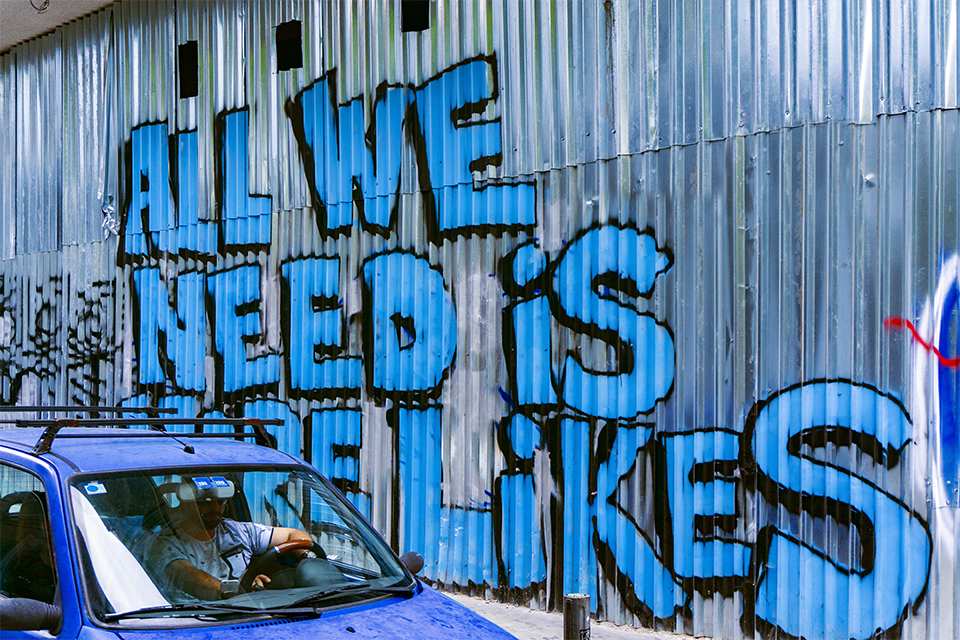Today is World Mental Health Day, and this year the focus is on suicide prevention. I can understand why. Every week I read devastating headlines about suicide, often involving teenagers, and often linked to their use of social media. Stories about a child who has been bullied or trolled on their social media channels, where acutely personal, private information has been posted online without their permission, and where the perfectly portrayed lifestyles of those we follow fuel feelings of inadequacy and depression amongst vulnerable groups.
Recent research published on the Telegraph online suggests that teenagers who spend more than 3 hours a day on social media are at double the risk of suffering mental health problems as non-users. This includes depression, anxiety and loneliness as well as aggression and antisocial behaviour.
It would be impossible to write these words without acknowledging the relationship between marketing and social media. It is because of this relationship that we have chosen to write about this today, with the goal of addressing the role that we as brands and marketers play in this space. As marketers we embrace social media as a way to build relationships with customers, to grow communities and facilitate conversation, but with the ultimate aim of furthering business, whether through sales, subscriptions or services. This will often involve highly stylised images with the aim of reminding customers about our brand, of building an emotional connection and ultimately of influencing their purchase decision.
I believe that as marketers we have a duty to use these channels responsibly, to be honest and authentic and to portray a balanced view. Social media channels are a personal space. We must be mindful of that in the way that we show up and with the message we present.
As with any relationship, where there is bad there is good. Recently there has been a positive movement around transparency of influencer marketing on Instagram with the use of #AD, as well as more candid posts using #instagramvsreality in an effort to show the less polished reality behind the seemingly perfect square. The use of Instagram in the #bodypositive movement and #climatechange shows that social media can be used as a force for good and can provide connections and community to those who seek it.
I don’t feel that promoting a healthy relationship with social media and using social media channels to market your brand should be mutually exclusive. We can all benefit from a reminder to be mindful in how we use these channels both as marketers and personally, and to be aware of how they affect our mental health and that of those around us.
It feels only right to end this blog with some positive advice on how to maintain a healthy relationship with social media. However, I would never profess to be an expert on mental health, therefore any advice I give is based solely on the resources I have read and my own personal experience.
Consider quality as well as quantity.
Social media can be used to explore and further passions, to inspire, learn and expand our minds. The content we are consuming should be as important as the amount of time we are spending on it. For example, an hour exploring a hobby or passion is different to mindless scrolling.
Lead by example
Screen-free time, switching off at bedtime, being selective in the content we consume and keeping the narrative positive. As parents, we will be better able to nurture a healthy relationship with social media for our children if we are practising these habits ourselves.
Keep Talking
Keep the lines of communication open with friends, partners and children. Check in on those close to you and ensure you’re giving as much time to real life conversations as well as to comments online.
For further information on World Mental Health Day, visit the World Health Organisation website.
